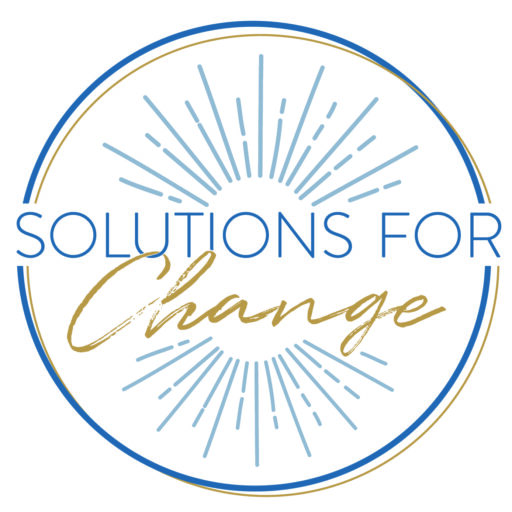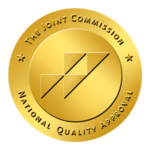The Interwoven Path of Therapy and Sobriety

In the journey towards sobriety, the path can be rugged and challenging, often requiring support, guidance, and a safe space to heal. One of the most powerful tools that can pave the way for lasting recovery is the helping relationship between therapy and sobriety. This unique dance between professional therapeutic support and the individual’s commitment to healing can create a harmonious alliance that fosters growth, self-awareness, and long-term sobriety. In this blog, we explore the symbiotic relationship between therapy and sobriety and how it can lead to transformative change.
Understanding the Roots of Addiction: The helping relationship between therapy and sobriety begins with understanding the roots of addiction. Addiction is often a complex response to underlying emotional pain, trauma, or unresolved issues. Through therapy, individuals can gain insights into their triggers and coping mechanisms, providing a solid foundation for their journey towards sobriety.
Establishing Trust and Safety: Therapy offers a safe and non-judgmental space for individuals to explore their vulnerabilities and challenges. The establishment of trust between the therapist and the client is pivotal in helping the individual open up about their struggles with addiction. As trust deepens, individuals feel more comfortable delving into their emotional landscape, fostering healing and growth.
Unearthing Coping Mechanisms: During therapy, individuals can explore their past and present coping mechanisms, recognizing patterns that perpetuated their addiction. This self-awareness is a crucial step towards developing healthier coping strategies, empowering individuals to face life’s difficulties without turning to substances.
Learning Emotional Regulation: Addiction often involves the avoidance of difficult emotions. Therapy equips individuals with essential emotional regulation skills, helping them identify and cope with emotions in healthy ways. As individuals learn to confront and manage their feelings, the allure of addiction diminishes, making space for healthier choices.
Building a Support System: The therapeutic relationship can extend beyond the therapist’s office, as it helps individuals build a broader support system. Therapists can assist clients in mending relationships with family and friends, mending past wounds, and fostering a network of understanding and compassionate individuals invested in their recovery.
Identifying Triggers and Relapse Prevention: Therapy helps individuals identify triggers that could lead to relapse. By recognizing these potential pitfalls, therapists and clients can work collaboratively to develop effective relapse prevention strategies. This proactive approach empowers individuals to navigate challenging situations without compromising their sobriety.
Fostering Self-Compassion: Shame and guilt often accompany addiction, hindering the recovery process. Through therapy, individuals learn to cultivate self-compassion, accepting themselves despite their past struggles. Embracing self-compassion encourages a positive self-image, essential for maintaining sobriety and embracing personal growth.
Celebrating Milestones and Successes: Sobriety is a journey of ups and downs, marked by significant milestones and successes. The therapeutic relationship provides a platform to acknowledge and celebrate these accomplishments, reinforcing the individual’s commitment to their recovery.
The helping relationship between therapy and sobriety is a transformative dance that can lead individuals towards lasting healing and growth. Therapy serves as a guiding light, illuminating the path to recovery and providing essential tools for emotional regulation, self-awareness, and coping strategies. Sobriety, in turn, enriches the therapeutic process, allowing individuals to explore their true selves, free from the shackles of addiction. Together, therapy and sobriety create a harmonious alliance that empowers individuals to reclaim their lives and embrace a brighter, healthier future.





